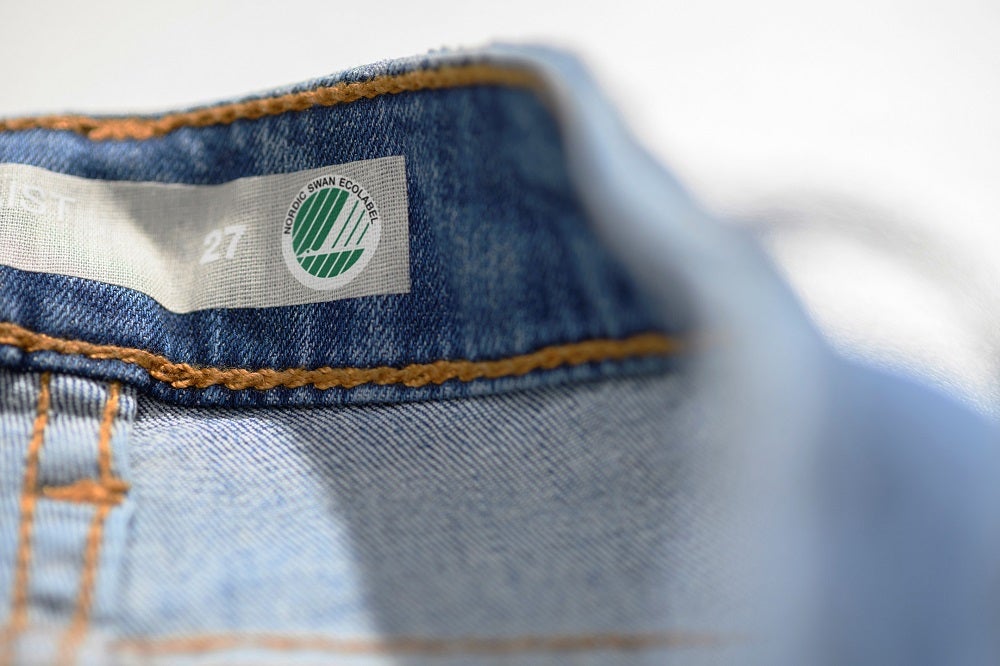
The Nordic Swan Ecolabel is the official ecolabel of all the Nordic countries: Iceland, Norway, Sweden, Denmark and Finland, working to reduce the environmental impact from production and consumption and to make it easy for consumers and professional buyers to choose the environmentally best goods and services. On average, every Nordic citizen buys 13–16 kilos of new textiles a year, says Nordic Swan.
Included in the new Ecolabel requirements for product design, is increased emphasis on quality and longevity and a ban on dumping surplus clothing.
“The Nordic Swan Ecolabel now launches even more ambitious requirements for textile manufacturers because the need for change in the industry is acute. Both European and Norwegian authorities demand more sustainable and circular production of textiles. Now it is important that the industry accepts the challenge and uses existing tools to make the process of changing easier,” says Cathrine Pia Lund, CEO of the Nordic Swan Ecolabel in Norway.
The Nordic Swan Ecolabel currently sets strict environmental requirements in all relevant phases of a product’s life cycle, including requirements for chemicals used in ecolabelled products.
Additions to the Ecolabel:
Requirements for microplastics. Manufacturers must measure how much microplastic is spread from synthetic textiles. This must be measured with a standardised test-method and Nordic Swan encourages the result to be reported to the Microfibre Consortium with a goal of setting a limit value over time.
Textile fibres must be organic, recycled or bio-based. Cotton used in Nordic Swan Ecolabelled clothing must be 100% organic or recycled. For workwear, separate requirements apply. Synthetic fibres must either be recycled or made from renewable raw materials.

US Tariffs are shifting - will you react or anticipate?
Don’t let policy changes catch you off guard. Stay proactive with real-time data and expert analysis.
By GlobalDataNo burning and dumping of unsold clothes. Revised requirements for the Nordic Swan Ecolabel do not allow burning or dumping of unsold clothes, and manufacturers must also report to the ecolabel what they do with the surplus products.
Working environment must comply with ILO conventions. Production sites for Nordic Swan Ecolabel textiles must comply with the ILO (United Nations International Labour Organization) conventions which, among other things, prohibit forced labour, child labour and discrimination and which facilitate reasonable wages and working hours. The Nordic Swan Ecolabel also goes on inspection visits to all production sites, no matter where they are situated in the world.
“More and more people want to make choices with less impact on the environment, and the best choice is of course to reduce consumption. But once you are going to make a purchase, it is important to choose well. We are now strengthening the requirements for product design and production process in order to increase quality and facilitate circular economy for the textile industry,” says Anne-Grethe Henriksen, marketing and communications manager at the Nordic Swan Ecolabel in Norway.
The Nordic Swan Ecolabel is inviting the industry to a webinar on the requirements and certification process for the Nordic region’s official eco-label. Webinar for brand owners and retailers will be held on 15 June – and webinars for manufacturers on 17 and 21 June.



